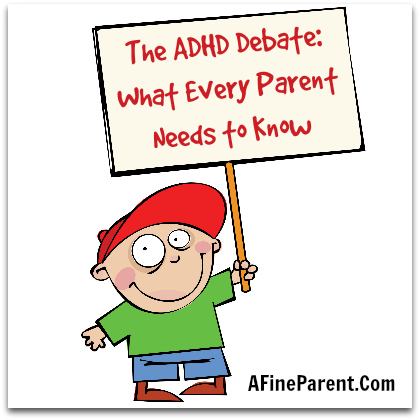 How often have you heard this advice?
How often have you heard this advice?
Slow down.
Quit all of those extracurricular activities.
Just relax and enjoy the little things!
If you’re a parent steeped in busyness (and aren’t we all?), such prescriptions for happiness probably pop up so often they’re beginning to sound cliché. But, though everyone seems to applaud the benefits of purging toys, quitting soccer class, and embracing unstructured play, very few of us are actually following through to stop and smell the roses.
But what if you don’t know how to smell the roses?
Most “slow down and smell the roses” experts seem to assume that living simply – once the actual work of simplification is out of the way – is second nature for us all. They act like the only barriers standing between us and purposeful, joyful parenting are smartphones, busy schedules, and too-large toy piles.
And, look, I’m sure that’s true for some of us. Perhaps, given the time and space, some parents can effortlessly transform an afternoon at the park into a fantastical adventure complete with treasure hunts and impromptu science experiments. Others can look at a box of random art supplies and immediately envision beautiful and kid-appropriate craft projects.
But for me personally, that is not the reality. After a life of chasing achievement – in high school, college, the professional world, and beyond – I had no idea how to enjoy quiet, empty hours in an uncluttered home with nothing on the schedule and only a small child for company.
 I was sexually molested by a relative from the age of eight to fourteen.
I was sexually molested by a relative from the age of eight to fourteen. I thought it was an ordinary Tuesday. A day full of hope and promise for fun and learning. A normal day … until I looked at the clock.
I thought it was an ordinary Tuesday. A day full of hope and promise for fun and learning. A normal day … until I looked at the clock. One feeling all first-time parents can relate to is
One feeling all first-time parents can relate to is  The American Academy of Pediatrics, the American Medical Association, the American Psychiatric Association, the National Institute of Health, and millions of attention-deficit hyperactivity disorder sufferers all agree on one point: ADHD is a valid condition that requires timely diagnosis and treatment. The symptoms of ADHD (such as hyperactivity, attentional difficulties, and impulsivity) are, after all, fairly clear-cut. Moreover, the disorder has been shown to respond favorably to targeted therapies and medication.
The American Academy of Pediatrics, the American Medical Association, the American Psychiatric Association, the National Institute of Health, and millions of attention-deficit hyperactivity disorder sufferers all agree on one point: ADHD is a valid condition that requires timely diagnosis and treatment. The symptoms of ADHD (such as hyperactivity, attentional difficulties, and impulsivity) are, after all, fairly clear-cut. Moreover, the disorder has been shown to respond favorably to targeted therapies and medication.